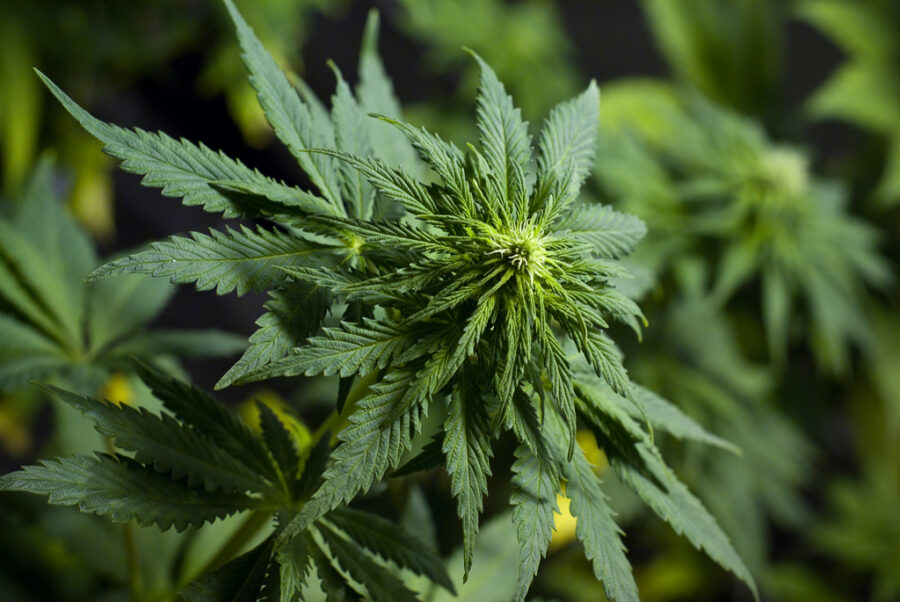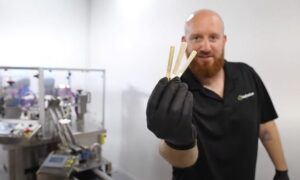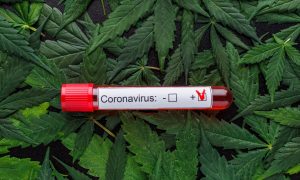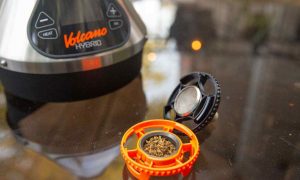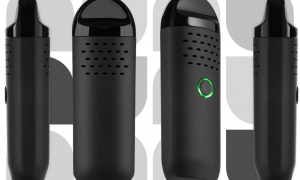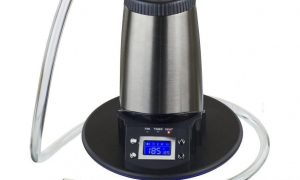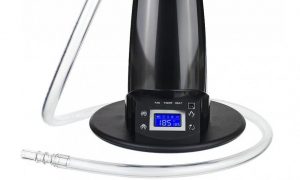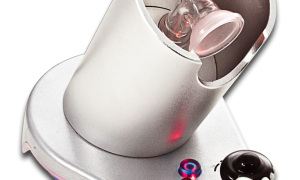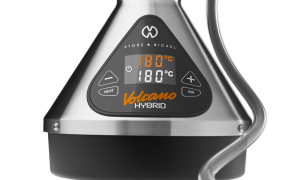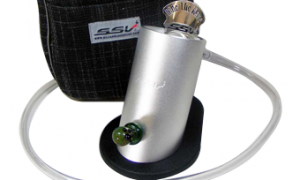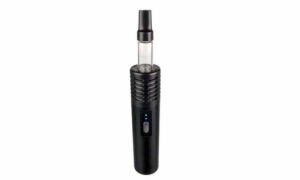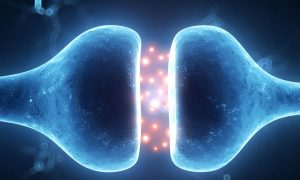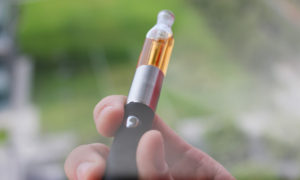This week a landmark world-first trial into the role of cannabis in reducing nausea from chemotherapy was announced. Lead researcher on the project Dr Peter Grimison tells us why.
For some cancer patients undergoing chemotherapy, the thought of joining their loved ones for a meal can be, quite literally, sickening. Nausea and vomiting due to chemotherapy can cause devastating physical side effects and wreck a patient’s social and family life.
Patients say they find it difficult to manage the expectations of well-meaning family members and friends who want to “feed them up”, when their favourite foods become tasteless.
We need to do more to make chemotherapy as comfortable as possible for patients.
That’s why our research team at Chris O’Brien Lifehouse in Sydney is about to embark on the largest and most definitive Randomised Controlled Trial ever in the world of medicinal cannabis for the prevention of chemotherapy-induced nausea and vomiting. With the help of more than 300 patients from several NSW hospitals, we hope to learn more over the next few years about how effective medicinal cannabis may or may not be for preventing chemotherapy-induced nausea and vomiting.
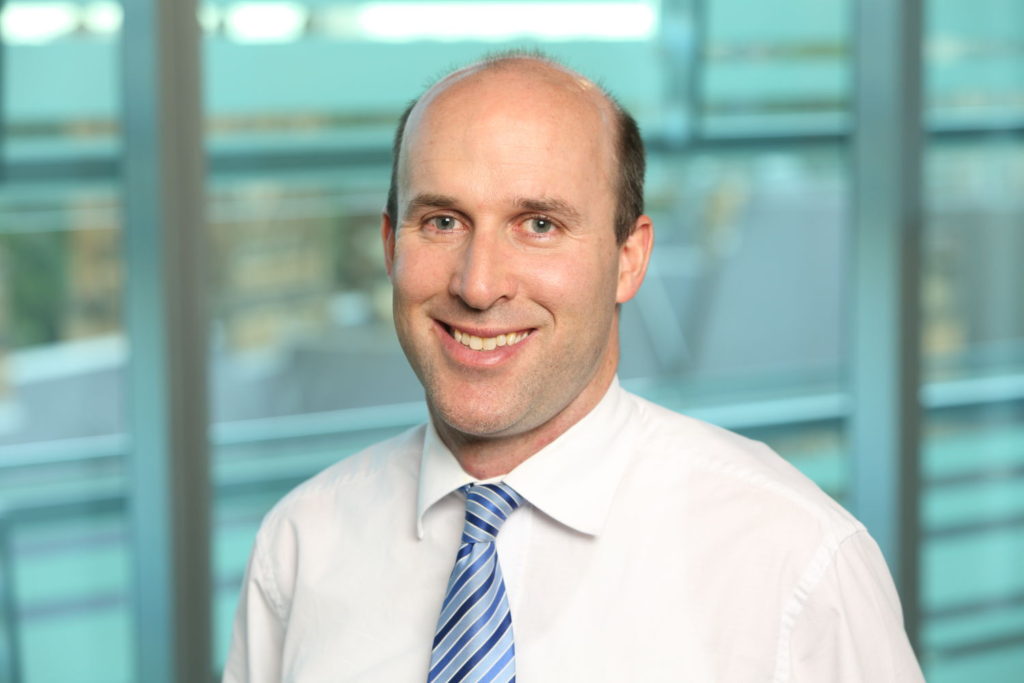
Clinical Associate Professor Peter Grimison
New strategies for an old problem
Cancer kills more Australians than any other disease. Almost half the 100,000 people diagnosed each year will be offered chemotherapy as an integral part of their treatment. While there have been significant advances in anti-nausea drugs over the past decade, more than one-third of patients receiving potent intravenous chemotherapy still suffer from nausea or vomiting.
Our team includes leading Australian researchers from Chris O’Brien Lifehouse, the University of Sydney and Royal Prince Alfred Hospital, specialising in cancer, addiction medicine and clinical toxicology.
We’re hoping to determine if giving patients an oral capsule of medicinal cannabis reduces nausea and vomiting during and after intravenous chemotherapy for cancer.
Jury still out
The jury is still out on the ability of cannabis and cannabis-derived medicines to treat a range of debilitating illnesses – and how to do it safely and effectively.
Despite dozens of trials internationally, the evidence is unconvincing. Some research failed to compare cannabis medicine against the best standard treatment of today. Some research had design flaws, such as failure to adequately account for the placebo effect, inappropriate dosing, small sample sizes and poor documentation of side effects and harms.
There remain many potentially valid reasons to use medicinal cannabis products. But we still don’t know how best to formulate and administer the drug, how well it might work, how safe it is and what the long-term side effects could be.
This is not to say medicinal cannabis for therapeutic use is a pipe dream – we just need to do the work first, and do it properly. And that takes time.
A scientific approach
However, using a scientific approach will give the best hope for patients and their families. It will give us better understanding of side effects and ideal dosages.
Producers of medicinal cannabis products will be encouraged to develop the most suitable formulations, delivery methods, and cannabinoid content.
Australian regulatory and funding authorities will have the evidence they need to decide which formulations of medicinal cannabis should be approved for which conditions, so they can be made safely available to the patients who need them.
Clearly, more research needs to be done. NSW is doing groundbreaking research on the use of medicinal cannabis for treatment-resistant childhood epilepsy, palliative care and chemotherapy-induced nausea and vomiting.
Many of my patients do not use illegal cannabis preparations because they are concerned about breaking the law. But if we were to pursue broad legalisation, as opposed to a medical pathway based on scientific evidence, we would miss the opportunity to create a safe, secure supply of cannabis medicines.
These medicines could be supervised by qualified practitioners to maximise the benefit to patients and manage side effects, and could potentially be subsidised under the Pharmaceutical Benefits Scheme.
Many of the cannabinoid products available overseas have little quality control, testing or certification.
Relaxed but not “stoned”
The cannabis plant varies considerably depending on its type and how it is grown. The cannabis plant contains hundreds of compounds, more than 60 of which are cannabinoids. The main cannabinoids studied in trials are delta-9-tetrahydrocannabidiol (THC), and cannabidiol (CBD).
THC is the type of cannabis that can make people feel “stoned”, while cannabidiol can make people feel relaxed and can hopefully relieve nausea.
Older cannabis medicines, such as Dronabinol and Nabilone, are made of synthetic THC. They are still sometimes used overseas as last-line options for treating nausea and vomiting caused by chemotherapy, but they’re not very effective, and can cause a lot of side effects.
The oral capsule for our NSW government-funded study contains equal amounts of THC and CBD. We think this will be more effective and have fewer side effects.
We worked with the Canadian company Tilray, which developed the capsule to our specifications. It aims to minimise THC levels that have mood-altering characteristics, which means our patients are less likely to get “stoned”.
The trial is building on a small Spanish study which found that a spray form of cannabis medicine containing THC and CBD in equal amounts (not routinely available in Australia) seemed to dramatically reduce nausea and vomiting in cancer patients receiving chemotherapy. The results, which found a 50% reduction in the number of patients suffering these effects, seem too good to be true, and need to be repeated in a rigorous clinical trial using a capsule that is available in Australia.
The NSW clinical trials exploring the use of medicinal cannabis are very significant. We don’t want to repeat past mistakes, and we want the investment in time and money to be worthwhile.
We can’t predict the outcome. The trials could show a benefit of medicinal cannabis, but they could also show that medicinal cannabis doesn’t work or has overwhelming side effects.
We are hopeful that, at the very least, NSW patients will be given a clear, scientific basis upon which to make important decisions about their treatment in the future.
—
Peter Grimison is a medical oncologist from Chris O`Brien Lifehouse cancer hospital, lead researcher in the NSW Government clinical trial into the role of cannabis-derived medicines in chemotherapy-induced nausea and vomiting, and a Clinical Associate Professor at the University of Sydney. This article was originally published on The Conversation. Read the original article.

